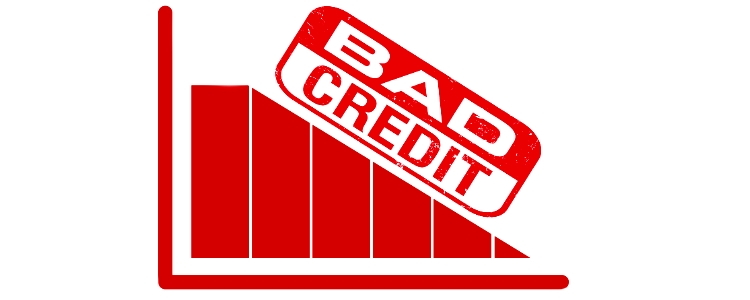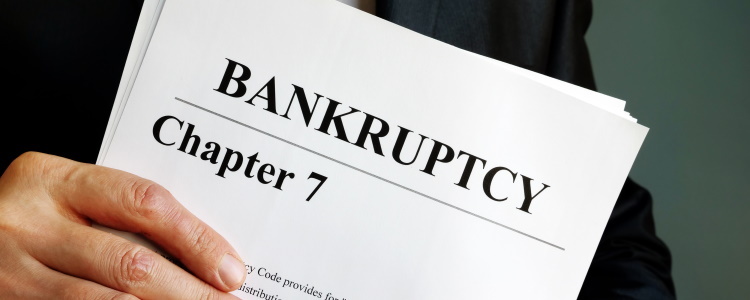Most lenders go beyond looking at your credit score and also view your credit report when making an approval decision. It's best to avoid having things on your credit report that might make you appear to be a higher risk when applying for a loan or line of credit. Steering clear of these five credit report red flags is a good place to start.
5 Credit Report Red Flags to Avoid
Negative items on your credit report can hurt your approval chances. You should already know that late payments and delinquencies are the last thing lenders want to see. Here are five other things that can be red flags for lenders.

- 1. High credit card balances
Your credit utilization ratio plays a big role in your credit score. Lenders can also see account balances on your credit report. From their point of view, high balances may indicate you are unable to take on another debt. It's best to not let the balance top 30% of your credit limit on any account, the lower the better. - 2. Multiple credit inquiries in a short window of time
Opening one new credit card is normal. Opening three or more in a short amount of time smells like trouble to a lender. This practice will leave multiple hard inquiries on your credit report, which signals to lenders that you may not be living within your means and are relying on credit to get by. The personal finance experts at NerdWallet say it's smart to limit applications to one every six months at the most. - 3. Loans that you cosigned
You did a friend or family member a solid and cosigned on a loan with them. You may not be the one paying for the loan, but that doesn't matter on a credit report. There it is treated as a debt you owe. This means it will be counted toward your debt levels and factored into your debt-to-income ratio. So think twice before cosigning on a loan if you plan on applying for credit in the near future. - 4. A housing short sale
A myth many people believe to be true is that a short sale won't hurt their credit. Homeowners typically enter a short sale to avoid the negative impacts of a foreclosure, but that may not make a difference on your credit report. A short sale may be marked as "settled for less than the full amount due" or as a "charge off" on your credit report, and can impact your credit just as seriously as a foreclosure. - 5. A bankruptcy that hasn't been discharged
A Chapter 7 bankruptcy can remain on your credit report for up to 10 years from the date of filing, while a Chapter 13 can stay on for up to seven years. However, if you receive your discharge, it's still possible to get approved for credit. In fact, some lenders may even be willing to approve applicants who are in an open Chapter 13 because they take longer to complete. Still, most lenders require that a bankruptcy be discharged before you can be approved for credit.
Hassle-Free Auto Financing
If you are dealing with any of these credit report red flags, you might be struggling to find a lender willing to approve you for an auto loan. Luckily, Drivers Lane helps people with bad credit find hassle-free auto financing.
For free, we can connect you with a dealer in your area that is qualified to work with unique credit situations. You may even be able to buy your car with little or no money down.
To get the process started today, just fill out our secure and obligation-free online application.



















